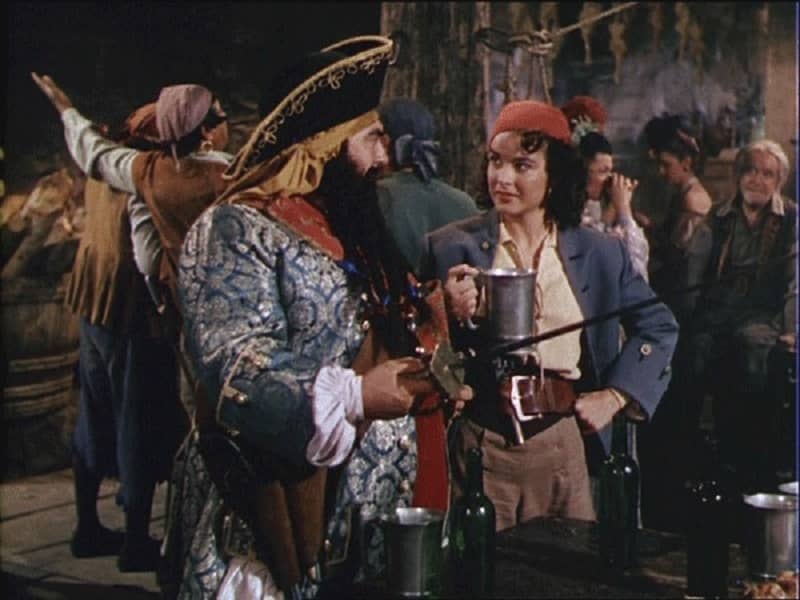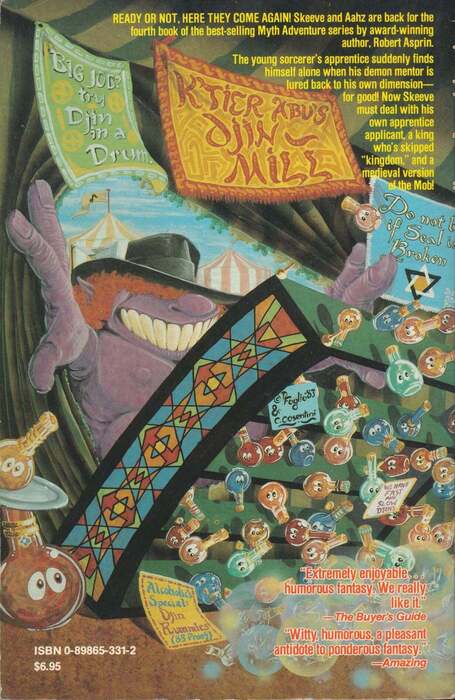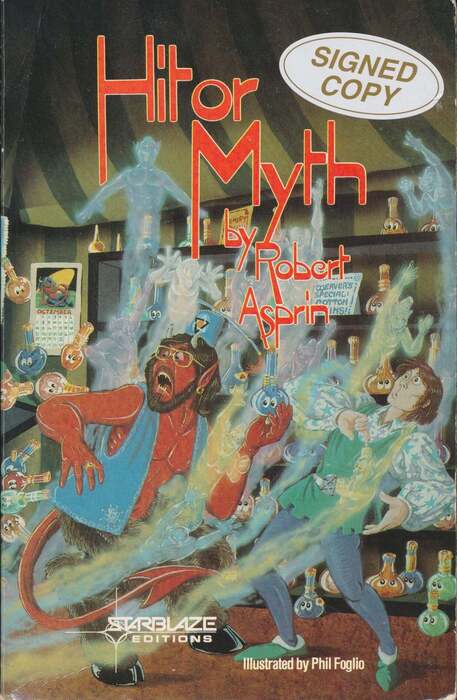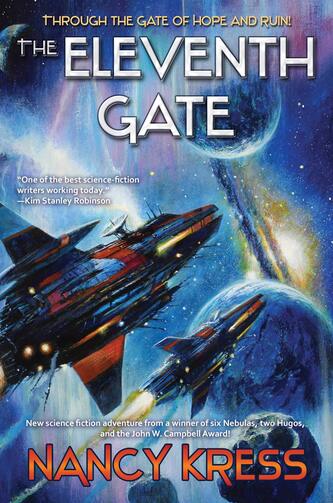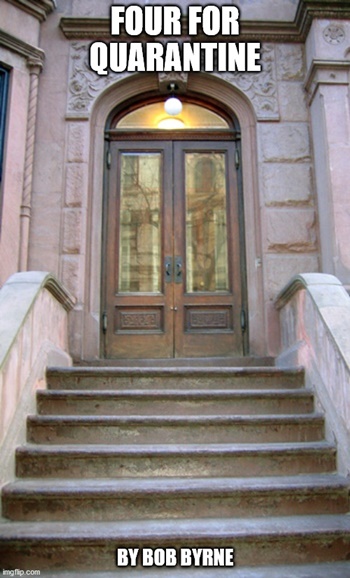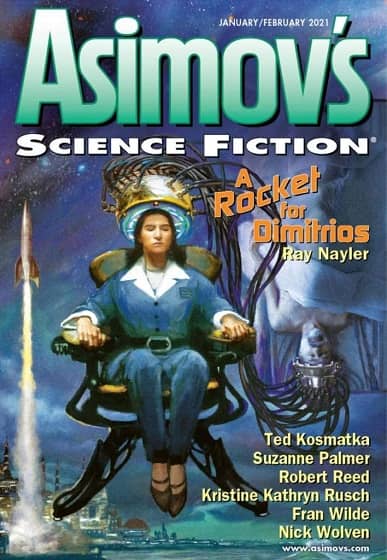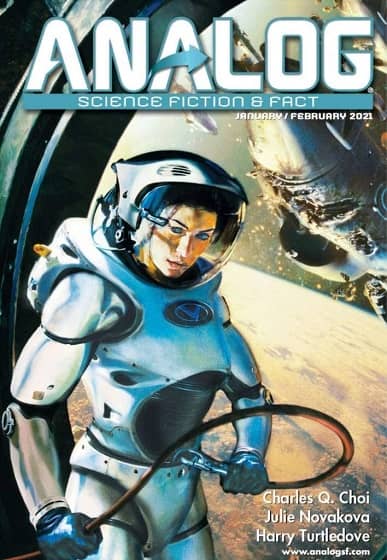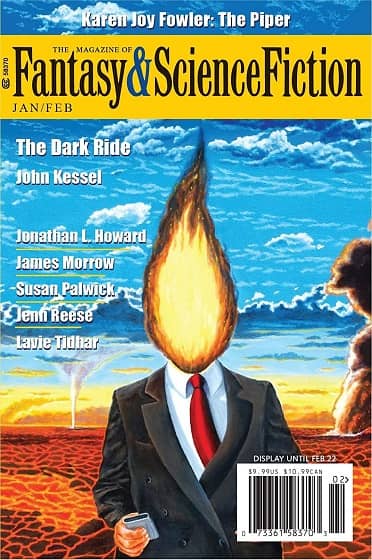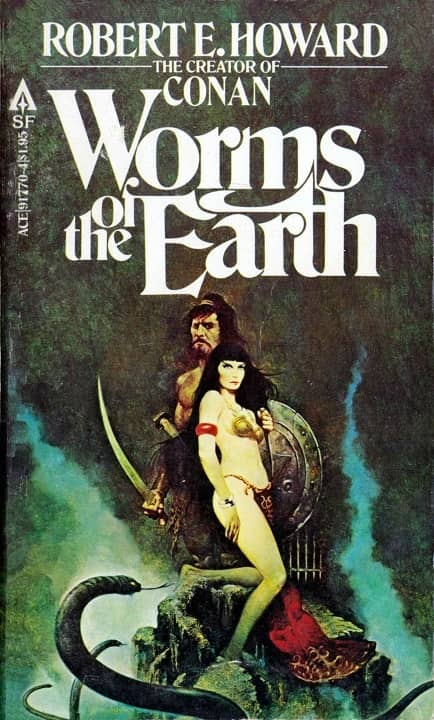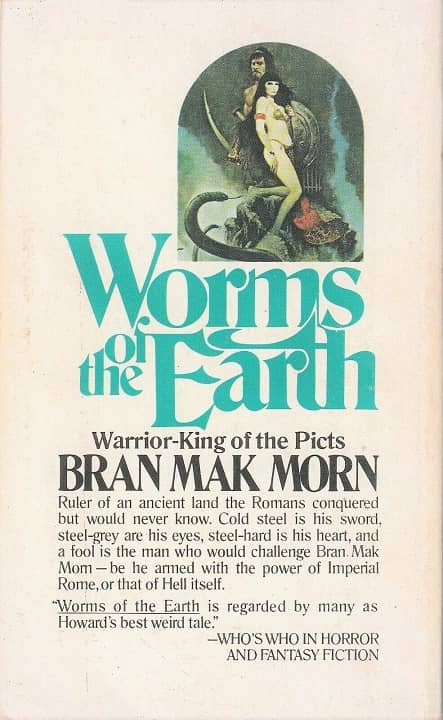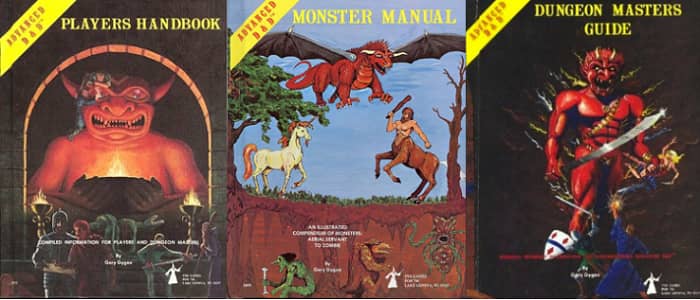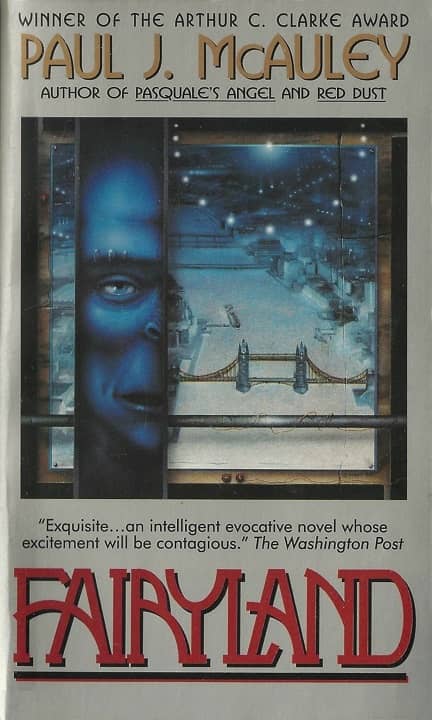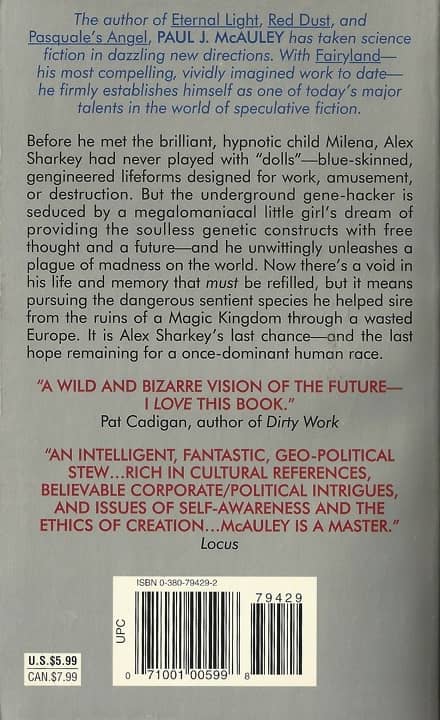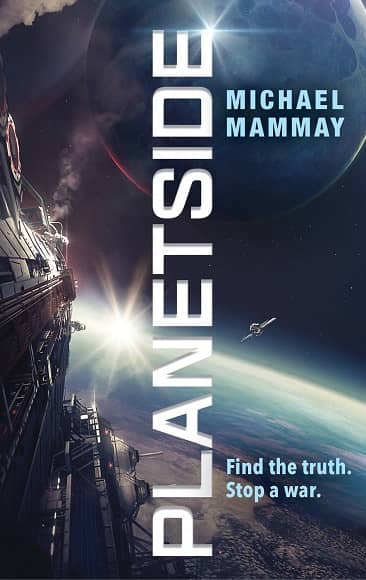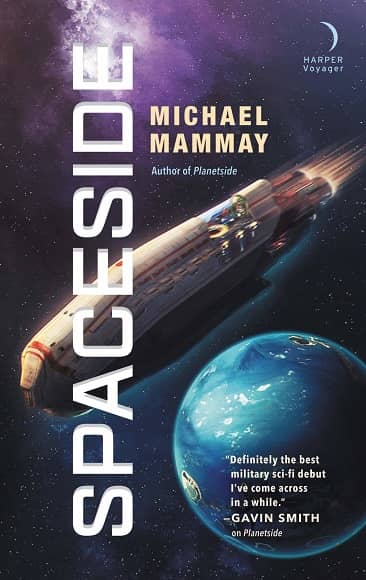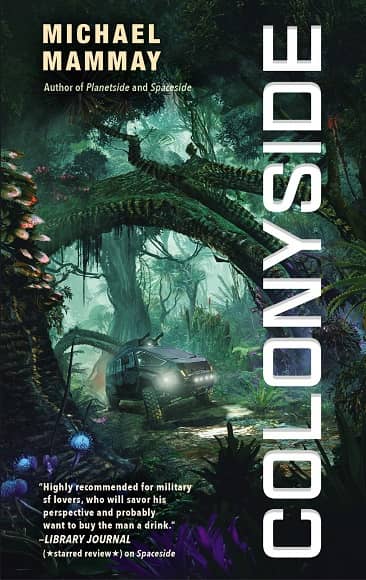Ellsworth’s Cinema of Swords: Wholesome Buccaneers (Pt. 1)
After the grim years of World War II, a large part of the moviegoing public was looking for lighter fare in their entertainment, and Hollywood returned to making swashbucklers, many of them in the happy hues of Technicolor. Pirates were back on the menu, but as America headed into the conformist Fifties, the pirates on its movie screens were more rascals than cutthroats, good-hearted rogues who would plunder some buried treasure and maybe hold a lady for ransom, but for whom keel-hauling and suchlike barbarisms were out of the question. Wholesome buccaneers as family entertainment! Absurd, of course, but fun if it was done with a wink at the viewer.
Anne of the Indies
Rating: ****
Origin: USA, 1951
Director: Jacques Tourneur
Source: Amazon Streaming Video
We usually award the title Queen of the Swashbucklers to Maureen O’Hara, but Jean Peters makes a grab for her crown in this fine pirate melodrama. As an orphan girl, Anne (Peters) was raised aboard ship by Edward Teach — Blackbeard himself! — and now commands her own fighting ship, the Sheba Queen, under the name Captain Providence, and she’s a real hellion. Since her brother was hanged as a pirate by the English, she preys on English shipping and kills English sailors without mercy, making the captives walk the plank. But one captured sailor is the strikingly handsome Louis Jourdan playing a Frenchman named (what else?) François, who claims to be a privateer’s navigator who’d been captured by the Royal Navy. Captain Providence frees him, adds him to her crew, and takes him to Nassau to meet Blackbeard — which is where the real trouble starts.
